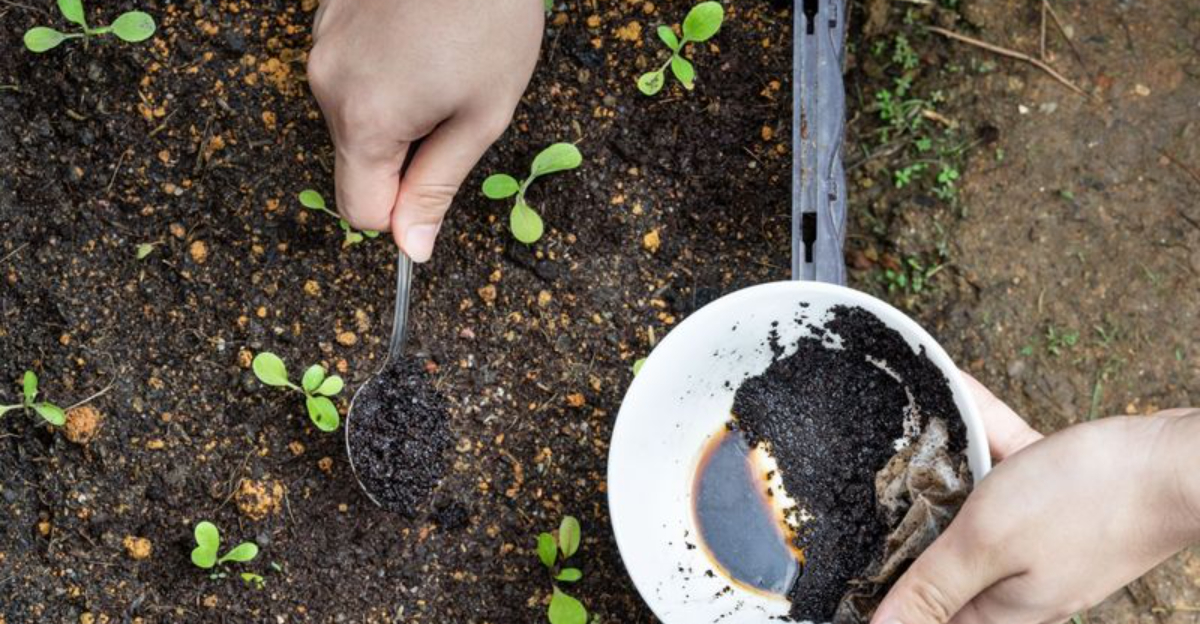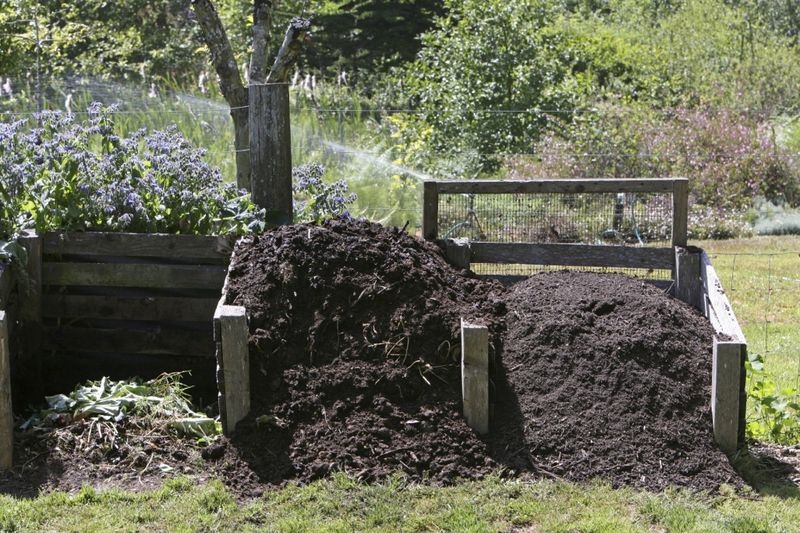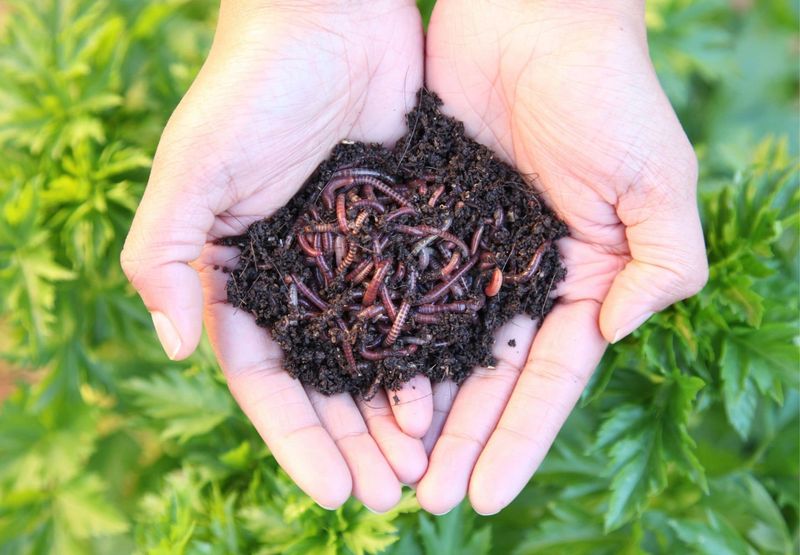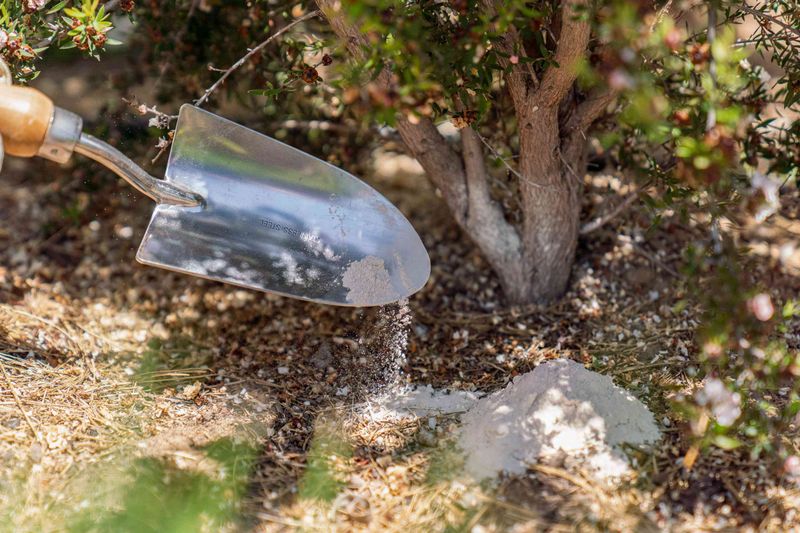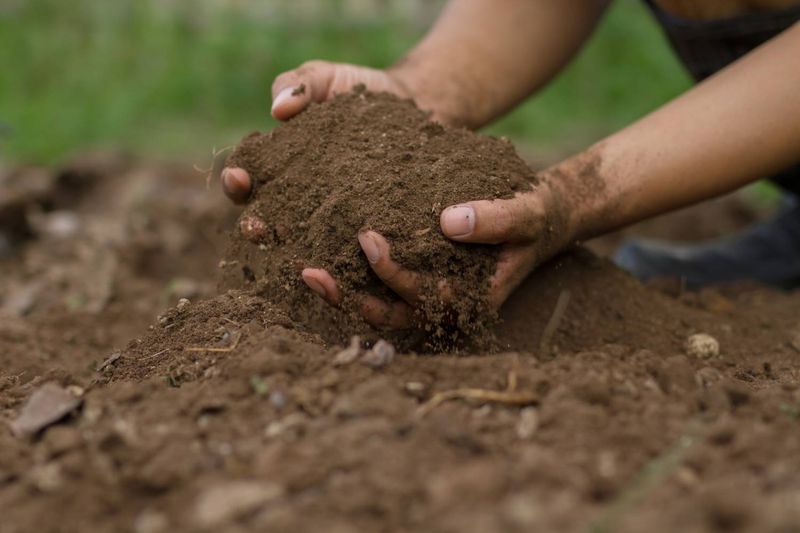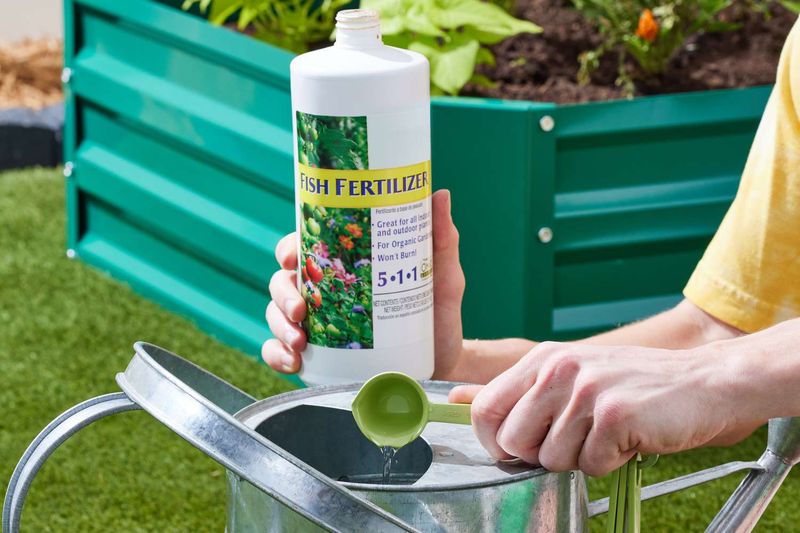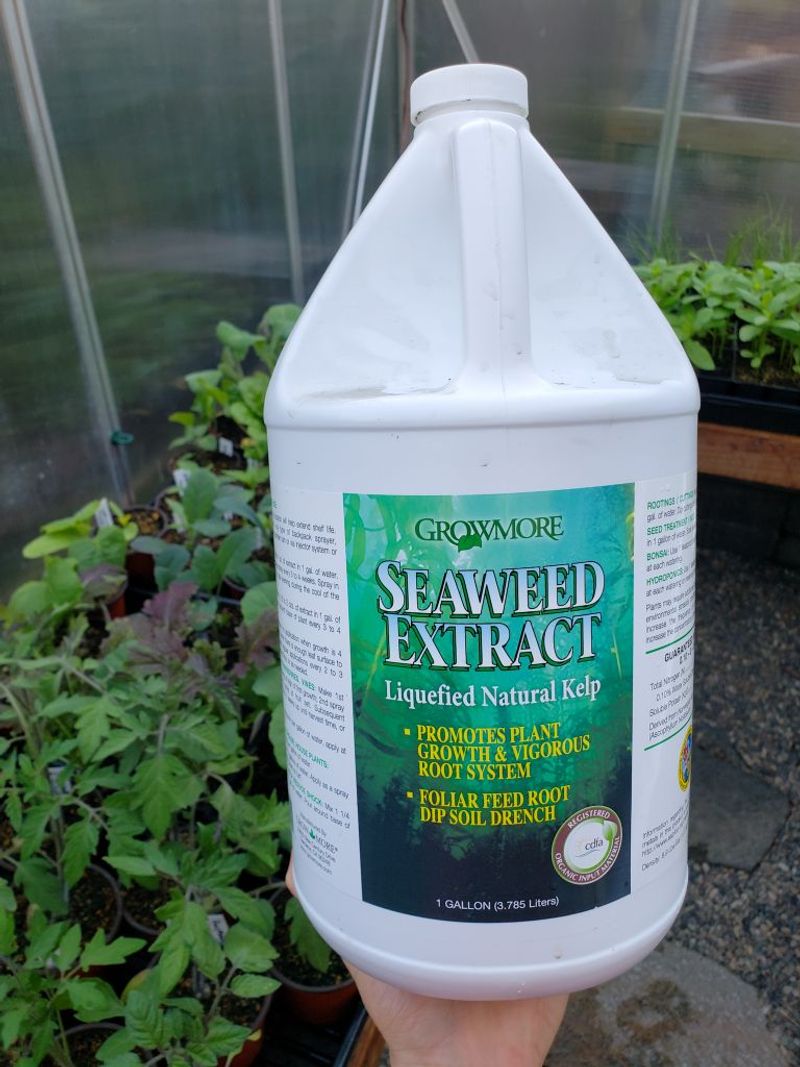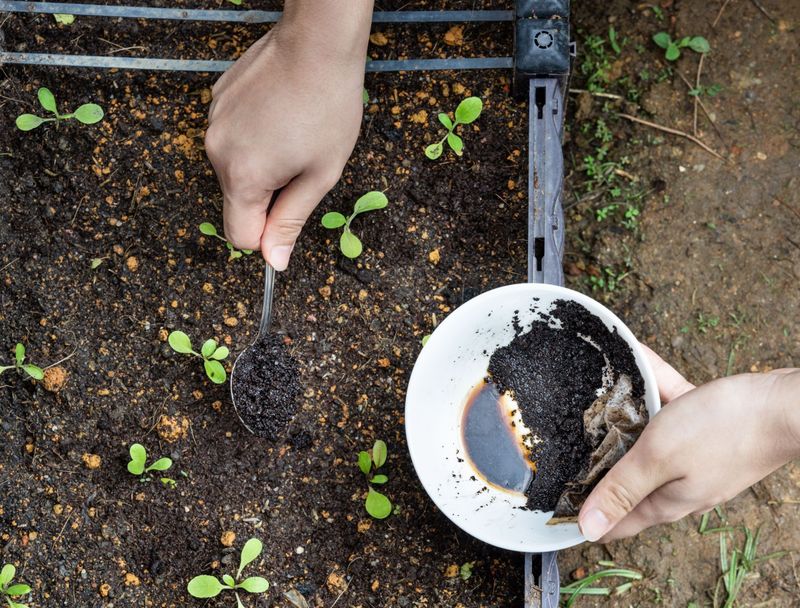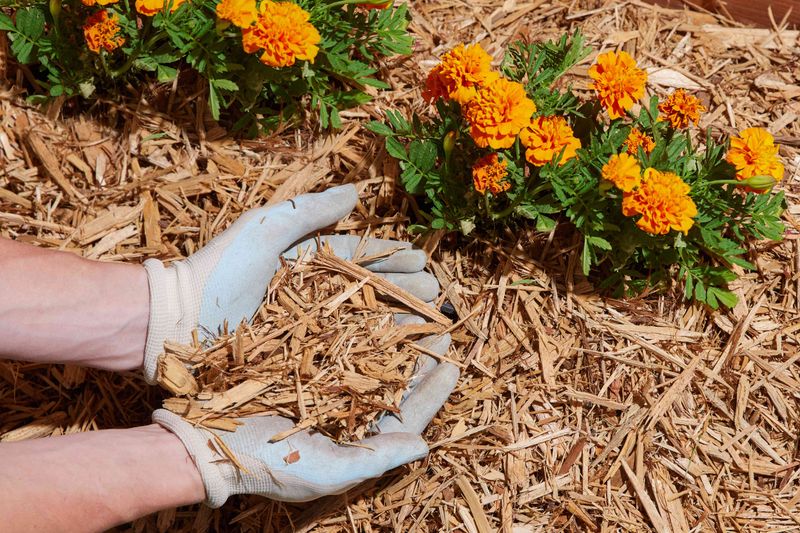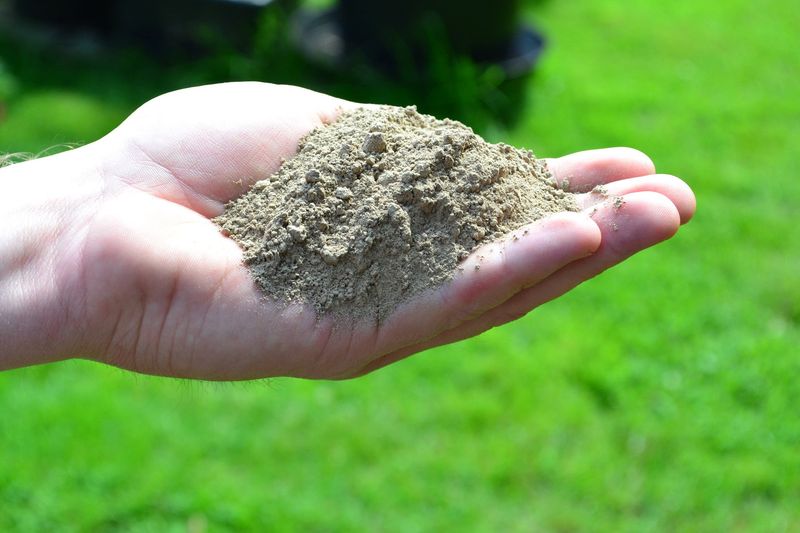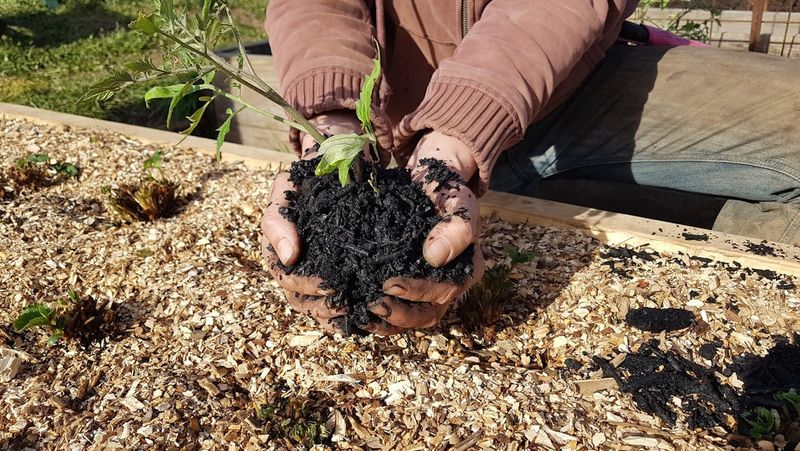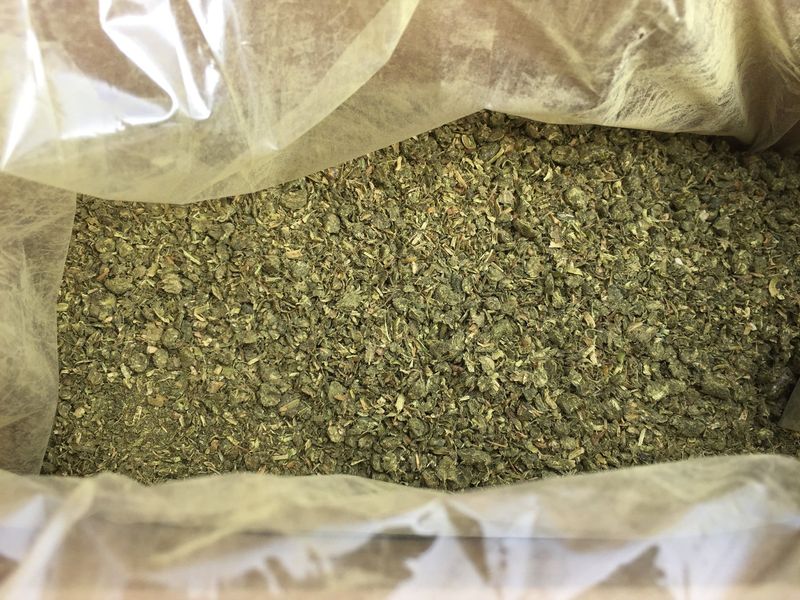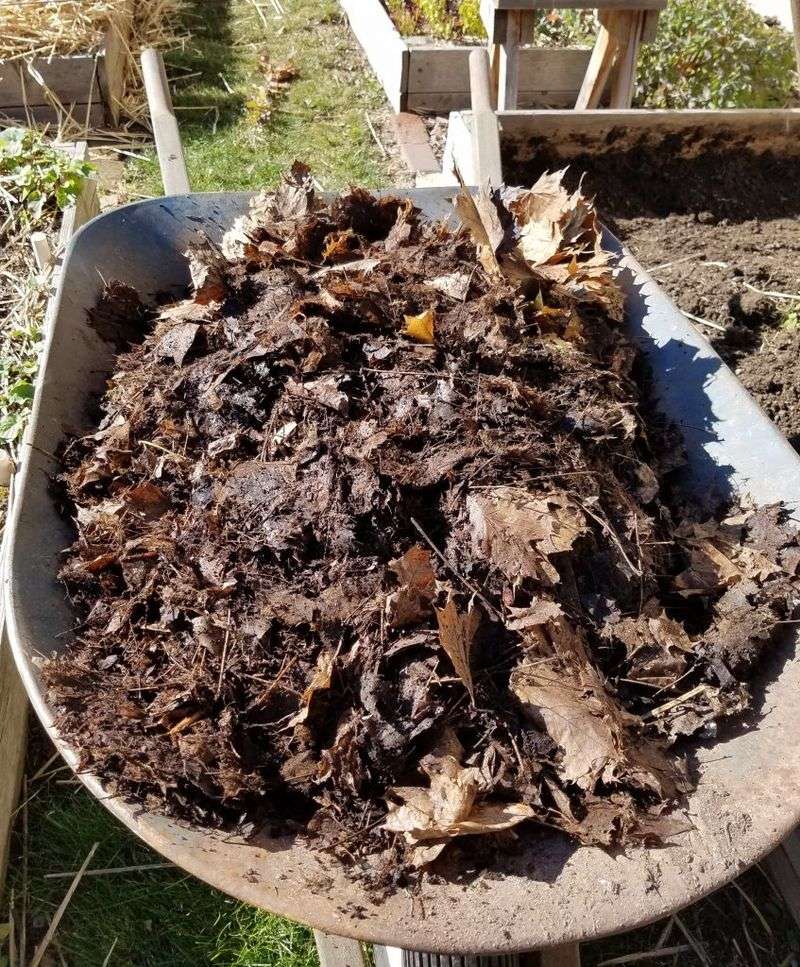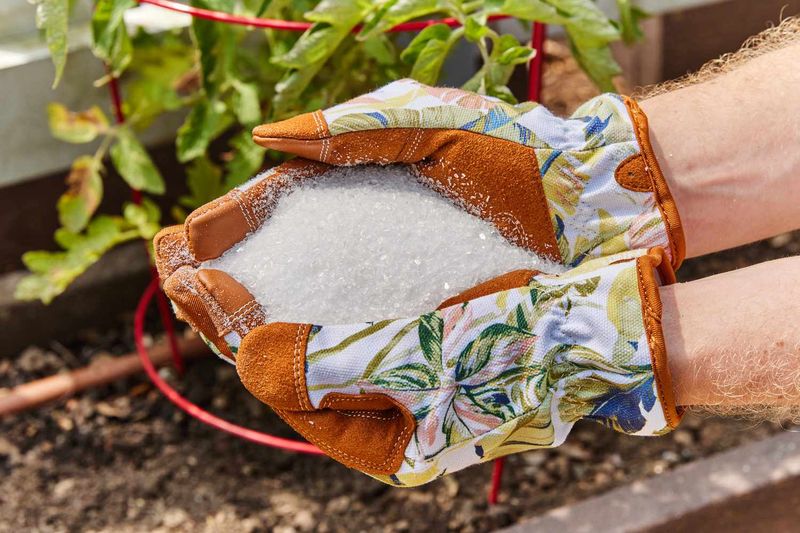Transform your garden’s foundation by harnessing the rich, organic power of natural soil enhancements.
With just a few simple additions, you can elevate your soil’s fertility and structure, ensuring robust plant growth and a bountiful harvest.
Embrace these organic methods to enrich your soil, reduce environmental impact, and cultivate a thriving garden ecosystem.
1. Compost
Compost is the gardener’s black gold, a nutrient-packed treasure trove that infuses soil with life. Imagine a pile of kitchen scraps and garden waste, slowly transforming into a dark, crumbly substance. This process enhances soil structure, boosts moisture retention, and invites a bustling community of beneficial microbes. As the compost decomposes, it releases nutrients that plants eagerly absorb. Incorporating compost into your soil not only enriches it but also supports sustainable gardening practices. Its ability to improve plant health naturally makes it an eco-friendly alternative to chemical fertilizers, helping gardeners contribute to a healthier planet.
2. Aged Manure
Aged manure, a time-honored soil booster, breathes new life into tired earth. Picture a pile of cow, horse, or chicken manure, aged to perfection, ready to invigorate your garden. Rich in nitrogen and organic matter, this amendment provides essential nutrients without risking plant burn. Its slow-release nature ensures that gardens receive a steady supply of nutrients, fostering robust growth. The decomposition process also enhances soil structure, improving aeration and water retention. Using well-aged manure is a sustainable way to nurture plants while recycling farm by-products.
3. Worm Castings (Vermicompost)
Worm castings, the tiny yet mighty soil enhancer, pack a powerful punch. These nutrient-rich droppings, produced by worms, teem with beneficial bacteria and enzymes. Imagine a vermicomposting bin bustling with red wigglers, tirelessly creating this black gold. Incorporating worm castings into your garden boosts nutrient absorption and enhances soil aeration, creating an ideal environment for plants to thrive. The castings’ fine texture makes them easy to mix into soil, ensuring even distribution. This natural supplement not only enriches the earth but also promotes a healthier, more vibrant garden ecosystem.
4. Bone Meal
Bone meal, a gardener’s secret weapon, is a slow-release powerhouse of phosphorus. Picture a gardener gently sprinkling this fine powder around blooming roses, setting the stage for robust root development and stunning flowers. Derived from ground-up animal bones, bone meal provides essential nutrients that ensure long-term plant vitality. Its gradual nutrient release supports root growth and enhances flowering, making it an indispensable tool for any gardener aiming for lush, thriving plants.
5. Blood Meal
Blood meal, rich in nitrogen, fuels plants’ leafy aspirations. Imagine a vibrant vegetable garden, where a gardener applies this potent, dark powder to encourage lush, green growth. As a rapid-release fertilizer, blood meal invigorates plants, boosting their chlorophyll production. This organic amendment is particularly beneficial for heavy-feeding plants, providing them with a quick nitrogen fix. Used sparingly, it fosters vigorous growth without causing harm to the environment. Blood meal’s natural origins offer a sustainable choice for gardeners seeking an eco-friendly nutrient boost.
6. Fish Emulsion
Fish emulsion, a liquid gold for gardens, delivers swift nourishment to plants. Picture a gardener mixing this nutrient-rich concoction and spraying it over flourishing greens. Derived from fish, this emulsion is packed with essential nutrients that promote vigorous plant growth. Its quick-acting nature makes it ideal for plants needing an immediate nutrient boost, while its organic composition supports healthy soil ecosystems. Fish emulsion’s versatility allows it to be used as a foliar spray or soil drench, making it a must-have for gardeners aiming for lush, bountiful gardens.
7. Seaweed (Kelp) Extract
Seaweed extract, a gardener’s oceanic ally, enriches soil with trace minerals. Imagine a coastal garden, where plants sway in the breeze, invigorated by this nutrient-rich supplement. Derived from kelp, seaweed extract stimulates plant growth and boosts resistance to stress and disease. Its natural hormones and micronutrients enhance overall plant health, making it a versatile addition to any gardening routine. Seaweed extract’s ability to improve soil fertility while supporting plant resilience makes it a cherished tool for sustainable, eco-conscious gardening.
8. Coffee Grounds
Coffee grounds, the aromatic remnants of our morning rituals, find new purpose in the garden. Envision a gardener spreading these used grounds over the soil, enriching it with nitrogen and drawing earthworms to the feast. Slightly acidic, coffee grounds improve soil texture and structure, making them ideal for acid-loving plants. Their ability to enhance soil aeration and drainage promotes healthier roots, while their slow-release nutrients support sustained plant growth. Coffee grounds offer a sustainable way to recycle kitchen waste while nurturing your garden’s vitality.
9. Green Manure (Cover Crops)
Green manure, or cover crops, are nature’s way of rejuvenating tired soils. Picture a lush field of clover, grown specifically to be tilled back into the earth. These crops, like vetch or rye, enrich soil with organic matter and nutrients, providing a natural nitrogen boost. As they decompose, cover crops improve soil structure, fertility, and moisture retention. Their roots prevent erosion and suppress weeds, making them a valuable tool for sustainable agriculture. Incorporating green manure is a proactive step towards healthier, more productive soil.
10. Mulch (Organic)
Organic mulch, nature’s protective blanket, shelters soil from the elements. Visualize a garden path lined with leaves and wood chips, conserving moisture and suppressing weeds. As mulch breaks down, it enriches soil with organic matter, promoting a healthy ecosystem. Its insulating layer regulates soil temperature, protecting plant roots from extreme weather. Mulch’s ability to prevent erosion and improve soil fertility makes it an essential component of sustainable gardening. By choosing organic options, gardeners contribute to a balanced, thriving garden environment.
11. Rock Dust
Rock dust, a geological gift, restores nutrient-depleted soils. Picture a gardener dusting this mineral-rich powder over a garden bed, beneath the watchful gaze of rocky hills. Sourced from crushed rocks, this amendment enriches soil with trace elements and improves its structure. By re-mineralizing the earth, rock dust supports robust plant growth and enhances soil fertility. Its natural composition makes it a sustainable choice for gardeners seeking to revitalize tired soils. Using rock dust is a step toward healthier, more vibrant gardens.
12. Biochar
Biochar, a charred carbon-rich material, enhances soil health. Visualize a gardener mixing this black, porous substance into raised beds, setting the stage for thriving vegetables and flowers. Biochar improves water retention and nutrient-holding capacity, making it an ally for poor soils. Its ability to boost microbial activity supports a lively, balanced soil ecosystem. By sequestering carbon, biochar contributes to climate change mitigation, offering an eco-friendly solution for gardeners committed to sustainability. Incorporating biochar enriches both soil and the environment.
13. Alfalfa Meal
Alfalfa meal, a plant-derived nutrient source, energizes gardens. Imagine a gardener sprinkling this fine meal in a greenhouse, where lush greens thrive. Packed with nitrogen, phosphorus, and potassium, alfalfa meal also contains growth hormones that invigorate plants. As it breaks down, it releases nutrients slowly, providing a steady supply for plant growth. Its natural composition supports sustainable gardening, offering an organic alternative to chemical fertilizers. Alfalfa meal’s versatility and effectiveness make it a valuable addition to any gardener’s toolkit.
14. Leaf Mold
Leaf mold, nature’s compost, enriches soil with humus. Picture a serene woodland, where a gardener gathers this crumbly, decomposed leaf matter from the forest floor. As a soil conditioner, leaf mold enhances structure and water-holding capacity. Its fine texture improves soil aeration and drainage, making it particularly beneficial for heavy soils. Leaf mold’s ability to foster healthy root systems supports robust plant growth. By using leaf mold, gardeners harness the forest’s natural processes, enriching their soil with the essence of the woods.
15. Epsom Salt
Epsom salt, a gardener’s mineral ally, supplies magnesium and sulfur. Imagine a sunny vegetable garden, where a gardener gently sprinkles these crystals around thriving tomato plants. Epsom salt enhances nutrient absorption and boosts plant vigor, particularly in magnesium-deficient soils. Its ability to promote healthy leaf development and vibrant blooms makes it a favorite among gardeners. Used sparingly, Epsom salt supports balanced plant nutrition without harming the environment. This simple amendment enriches the garden, providing essential elements for healthy, flourishing plants.
